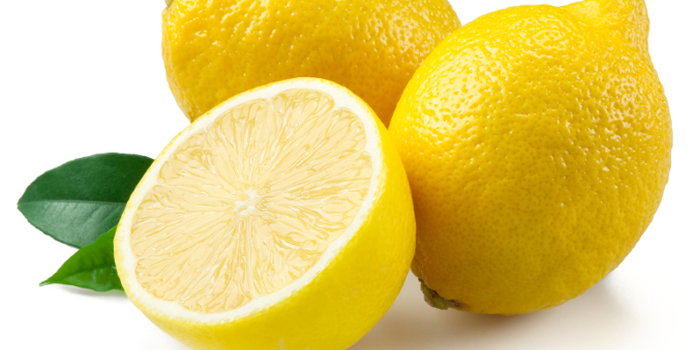There are several myths that surround lemon juice and how it can help you to lose weight. While lemon juice does have some uses in a weight loss diet, often the claims that are made about it and what it can do for fat and fatty foods are wrong. Here are the myths and the facts about lemon juice and fat.
Myth: Dissolving Animal Fats or Oils
The most common myth is that lemon juice, if sprinkled onto animal fats or oils, will dissolve them and thereby reduce the fat and/or calorie content of the food. This is sometimes said about lemon juice and steaks, and sometimes about battered fish, and is attributed to the acidic nature of lemon juice. In fact, lemon juice will affect both of these different types of foods, but it will not dissolve the fat. Even if it did, it would at most be the same effect that stomach acid has on fat, so sprinkling lemon juice wouldn't stop the fat from being used by your body; it would just break it down faster.
Lemon juice does affect meat as a tenderizer, by partially breaking down collagen fibers. Lemon juice also reacts with fish to reduce the fishy smell. Adding lemon juice to a meal can also reduce its rating on the glycemic index (GI). This can promote weight loss by keeping you full for longer and may slightly reduce the amount of fat the body will store. However, lemon juice only reduces GI slightly, and meat and fats already have that effect on meals, so adding lemon juice to fat won't do much in this respect.
Myth: Burning Fat Already in Your Body
Another popular myth concerning lemon juice is that when it is mixed with either very cold or luke-warm water it will burn or dissolve fat that is already on your body. This is not true. While lemon juice certainly does have positive aspects, it cannot take the place of a healthy diet and exercise.
Lemon juice is good for you, mainly because it is a good source of vitamin C. One hundred grams of lemon contains around 88% of the recommended daily vitamin C intake, for only 30 calories. Lemons also contain small amounts of iron, calcium and vitamin B6. Lemon juice in water is a very good way of increasing your fluid intake without resorting to juices or soda, which can contain large amounts of sugar and extra calories. A lemon wedge in water will often be provided for free at a restaurant, so asking for this is a great way to get lemon juice into your diet without spending money on other drinks.
Lemon juice is a nutritious and tasty addition to meals or drinks, but does not perform miracles when it comes to reducing or burning fat. Including lemon juice in a healthy balanced diet will do some good, but it should definitely not be relied upon as a cure all for a high-fat diet.



